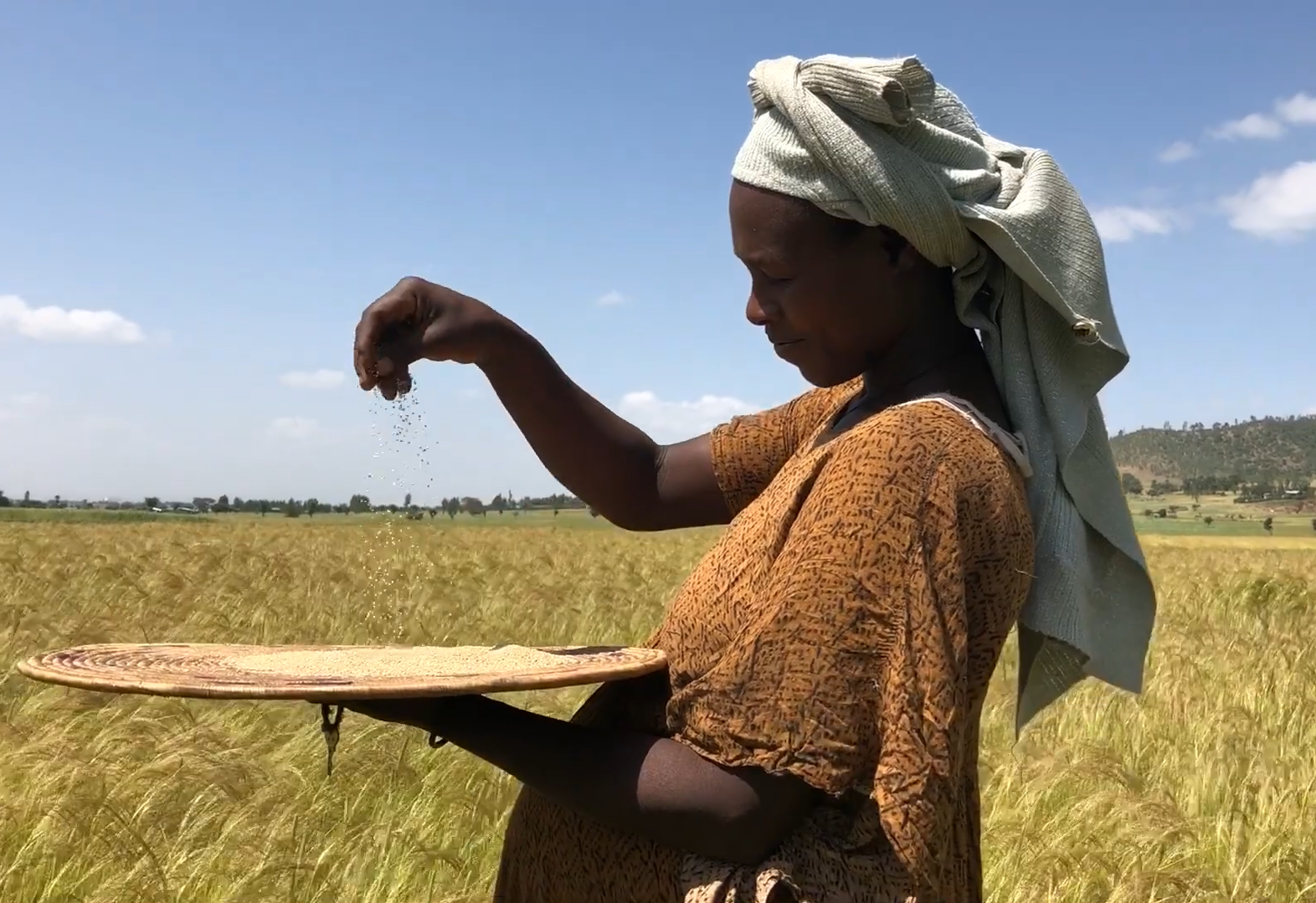Sustainable Food Partnership

About
Sustainable Food Partnership (SFP) aims to produce nutritious, affordable biscuits with locally sourced ingredients to address food insecurity and nutrition in Ethiopia.
Investing in Impact
P4G provided the partnership with two rounds of grant funding totaling $600,000.
As part of the biscuit development process, the partnership looked at three activities: the sustainable sourcing of local ingredients, developing the biscuit, and developing a branding and marketing strategy to sell the biscuit to consumers.
The partnership identified chickpea as the most suitable ingredient for manufacturing a more nutritious biscuit. Chickpeas are an environmentally friendly crop that enhance soil fertility and are also drought resilient, an important feature for Ethiopia. The partners worked together to build a value chain that would supply biscuit producers with the required quantities of chickpeas needed for production. They engaged 410 farmers on seed multiplication, actively and intentionally involving female farmers in the project. Using local crop instead of imports also reduces emissions.
Once chickpea was identified as the crop, the partnership conducted two rounds of prototype testing to get consumer input and fix potential technical issues. This included identifying enzymes provided by Novozymes to make the biscuit sweet without adding sugar and working with Arla Foods Ingredients on adding whey protein to ensure high protein content. Parents and children were engaged in prototype testing with their feedback considered for the final packaging, taste and color of the biscuit.
All partners including local biscuit manufacturer Moya Food Complex and Bopinc participated in the market development of the biscuit. The assessment helped the partnership select the “Sunny” brand for the biscuit to represent the benefits of the biscuit and joy it brings to its primary audience, children. The biscuit will be produced in orange and chocolate flavors. And the formula is free of charge for biscuit manufacturers who want to manufacture the biscuit under this brand.
Through DanChurchAid, the partnership was able to influence a policy change for a higher minimum standard for a nutritious protein biscuit. In did this in consultation with the Ethiopian Standards Institute and the Ethiopian Food, Beverage and Pharmaceuticals Industry Institute. Under the revised standard, all biscuits need to have a minimum protein content of 5% and 10% or more for high protein biscuits. This project also put a spotlight on chickpeas as a drought resilient crop that can be used for other baked goods, giving another revenue stream for farmers.
Results
During the P4G funding period, the partnership developed a new healthy and affordable biscuit branded “Sunny” that was produced using local ingredients. This helped contribute to four critical outcomes:
- Improved nutrition and food security for children and women through this new biscuit
- Income generation from the production of local ingredients in a way that contributes to increased gender equity
- Improved policy on minimum protein standards for a more nutritious biscuit
- Increased awareness and recommendations shared with the Ethiopian Chamber and sectoral associations for them to work with the government on addressing environment gaps such as the limited capacity of the private sector to enter contracts with farmers, limited foreign exchange for imports, and availability of finance for business expansion.
While there were several factors outside of the partnership’s control such as the political unrest in Ethiopia and the COVID-19 pandemic, it was still able to achieve many important results and gain valuable knowledge.
Lessons Learned
- A good enabling environment is important for scaling businesses in Ethiopia – especially around options for loans and finance for local businesses.
- Both businesses and public institutions need to be engaged and collaborative to create inclusive value chain and ensure the sustainability of local businesses.
- The partnership between local and international commercial partners provided an opportunity for learning and sharing valuable knowledge and technology.
- The idea behind the biscuit, sparked additional dialogues at a policy level on the biscuit industry and improving nutrition standards.
We need close collaboration and knowledge sharing with key stakeholders and an example is the opportunity we've got with the P4G platform to work with the Ethiopian government stakeholders to develop the first nutrition standard for fortified biscuits. With such a standard, the rollout of the biscuit will be much more efficient and also sustainable.








